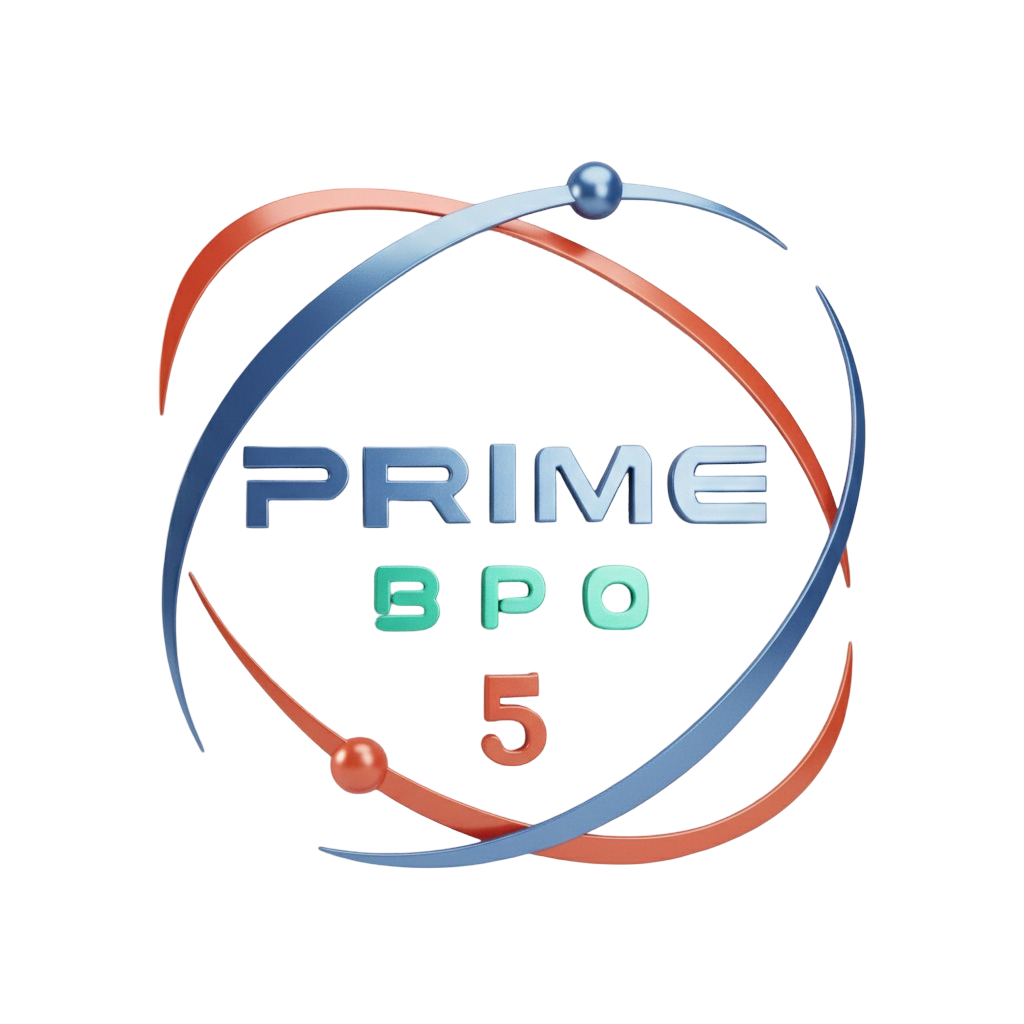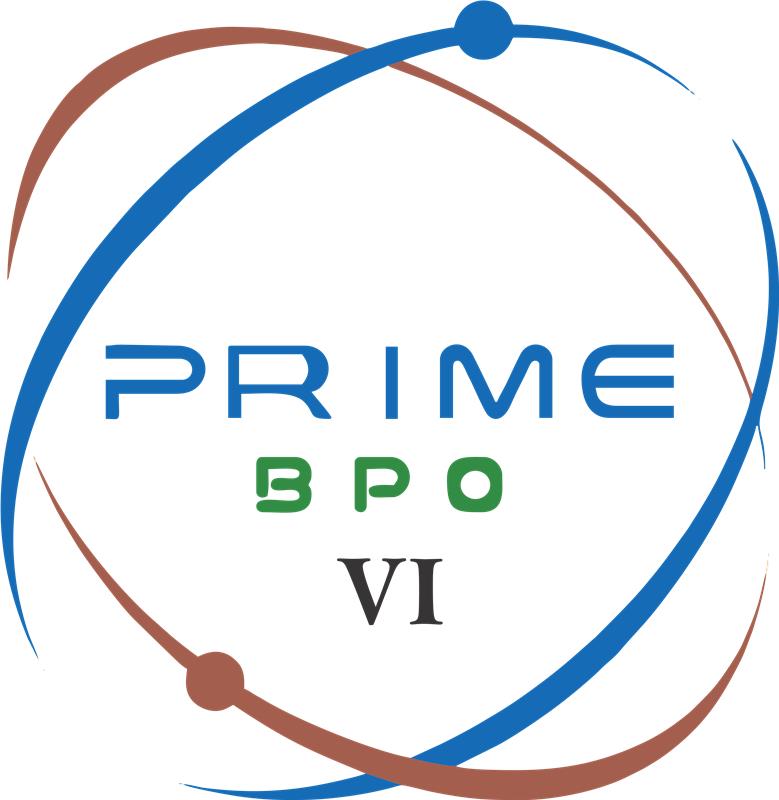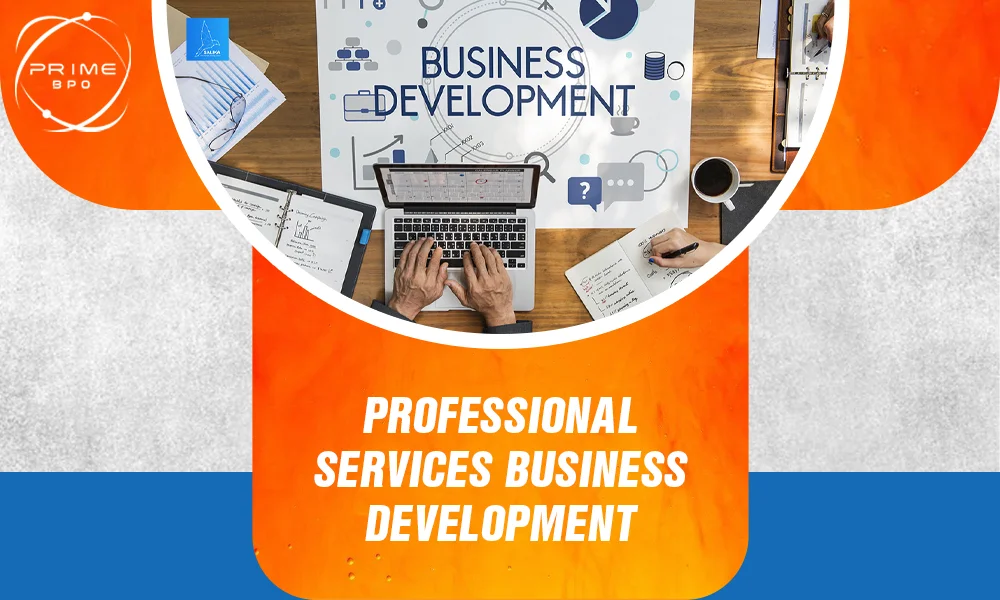New business is the lifeblood of every professional services firm. But for many, developing a dependable flow of new opportunities is a challenge. They simply don’t have the business development strategy or team structure to deliver steady, consistent growth. Are you ready to take your professional services business development to the next level? Business development can seem daunting, but it’s the secret sauce that fuels growth and success. Imagine unlocking new opportunities, building lasting relationships, and staying ahead of the competition. What if you could transform your business with just a few strategic moves? In this new guide, Let’s explore how you can make business development work for you and turn your vision into reality.
Get Free Quotes
Customized Options Await
Why Is Business Development Important?
Business development is very important because it increases the size of the company, strengthens partnerships, and maintains competitiveness. It is about identifying new opportunities and growing into other new areas. It ensures the development of great networks of trust with the clients and other partners. Business development also promotes innovation to promote ideas that are effective and still relevant in the business world. Finally, it brings in more sales and improves your image on the market, which guarantees the transformation of your enterprise and its growth. Without it, businesses are stuck in a greenhouse and do not catch up to the many opportunities arising in today’s world.
6 professional services business development Tips
The following tips are charted to help the professional services business development professionals work more effectively:
1. Do a Little Bit Every Day
Consistency is key. Stop waiting for the perfect moment, it won’t come you know. Tackle small tasks daily. It continues within the same key. Time is precious, even a few minutes can show a significant difference in the results over time. Similar to brushing your teeth, make it habitual.
2. Focus on Efforts That Offer the Best Chance of Success
It’s important to remember that not all efforts are created equal. Remember the best approach for your business. Most of your effort should go to where it matters.
3. Make Action a Priority
Consideration is useful but what is valuable is doing something. Get from concept to action as fast as possible. The quote tries and fails then doing nothing is a powerful saying which speaks a lot of truth. I mean it is like when you are learning to ride a bicycle, the theory of course is very important but does not substitute for the practice.
4. Resources
Use what you have. Your team is an asset. So is technology. Blend lean and orchestration of work with people skills and technological applications. Is helpful like having a map and a GPS at the same time. It benefits you in a way that you spend less time then, thus making the journey easier for you.
5. Keep Efforts Organized
Do not allow disorderliness to be a part of you when you are at school. Keeping records about the progress and deadlines should be done by using tools. For example, similar to when you have a clean table, and there is less of a distraction to remember what’s where. The organization helps in making your work structured and time-bound.
6. Build Your Business Development Skills
Business development is a key component of any business organization since it involves creating new opportunities and implementing successful strategies to benefit the company.
Never stop learning. Improve your skills continuously. Go to conferences, arm yourself with literature, and get a critique. This action, however, could be considered to be similar to honing a knife. The higher the quality of the tool, the higher the quality of the work being produced. Skills are regarded as the tools that one has and as such should always be sharp.
When adopting these tips then it can make a big difference. What is professional services business development? It is not a matter of making a giant leap; it is a matter of small, smart steps. Do it daily, concentrate on the positive effects, and be willing to change at any given time.
The Impact of Business Development
Stop stressing out about your long to-do list. Follow these business development tips, and your days could look something like this:
It's Friday morning and you've blocked off three hours for uninterrupted sales time. You sit down at your computer, and an alarm goes off instructing you to call back Jessica Smith of Smith & Jones Manufacturing, whom you met at an industry event two weeks ago.
You open up your contact management system, peruse your notes, and see that Jessica is a Boston Celtics fan. You pick up the phone and call her, making a point to congratulate her on her team's recent win.
The conversation continues, and you mention how you read a Harvard Business Review article that relates to the manufacturing industry. When the conversation ends you set a task in your calendar to follow up with Jessica next month. There's no immediate need, but you know you can help Jessica's business be more successful in the long term. Using your CRM, you add her to your e-newsletter list and send a quick email to one of your associates, asking him to retrieve the article from HBR and send it to Jessica.
You move on to the next person on your list. By the time noon rolls around, you've moved four leads forward and left messages for ten others.
This afternoon, you're off to deliver that big consulting project you've been working on all month.
Get Free Quotes
Customized Options Await
Steps to Starting a Professional Services Business Development
Here are steps to start professional services business development:
Identify Your Niche
Start by figuring out what you do best. Narrow it down to a specific area. This helps you stand out. Think of it like being a specialist doctor instead of a general practitioner. People come to you for your expertise.
Understand Your Market
Research your target market. Who needs your services? What challenges do they have? It’s important to learn about your audience. Just like they will always come back to your shop if you make your customer's favorite cup of coffee.
Develop a Business Plan
Build a good business plan. List down your objective, approach, and budget plan. This is your roadmap. Without it, you may find yourself lost. It is like planning to go on a road trip; one must be sure of the destination and route to be taken.
Build a Strong Brand
Brand identity is the total image of your product or service and who you are. Design an effective logo, website, and promotional materials. Ensure all aspects align with identified values and mission statements. Like when you are going for a job interview, you do all you can to look_smart. First impressions matter.
Network and Build Relationships
Get in touch with potential clients and other dealers. Go to conferences and participate in other relevant organizations.
Leverage Technology
Make use of technology to manage your work within the shortest time possible. CRM software, marketing automation, and the application of project management software can assist. It is a personal assistant that can work 24/7 without getting bored or tired. Technology helps to facilitate your work to become easier and more hopeful.
Conclusion
So, what’s stopping you from supercharging your professional services business development? With the right approach to business development, you can achieve remarkable growth and build a strong network of loyal clients. Have you thought about the endless possibilities that come with a focused and strategic business development plan? Start today, embrace the journey, and watch your business thrive like never before.
FAQs
1- What is the difference between marketing and business development in professional services?
From a high-level view, professional services business development focuses on business relationships and strategic partnerships. Marketing focuses on communication and consumer targeting. Sales reps work on prospecting qualified leads and closing the deals that the two teams have brought to the table.
2- What is an example of a professional services organization?
They include lawyers, advertising professionals, architects, accountants, financial advisers, engineers, and consultants, among others. Basically, they can be any organization or profession that offers customized, knowledge-based services to clients.
References:
https://www.northone.com/blog/small-business/professional-service-businesses






